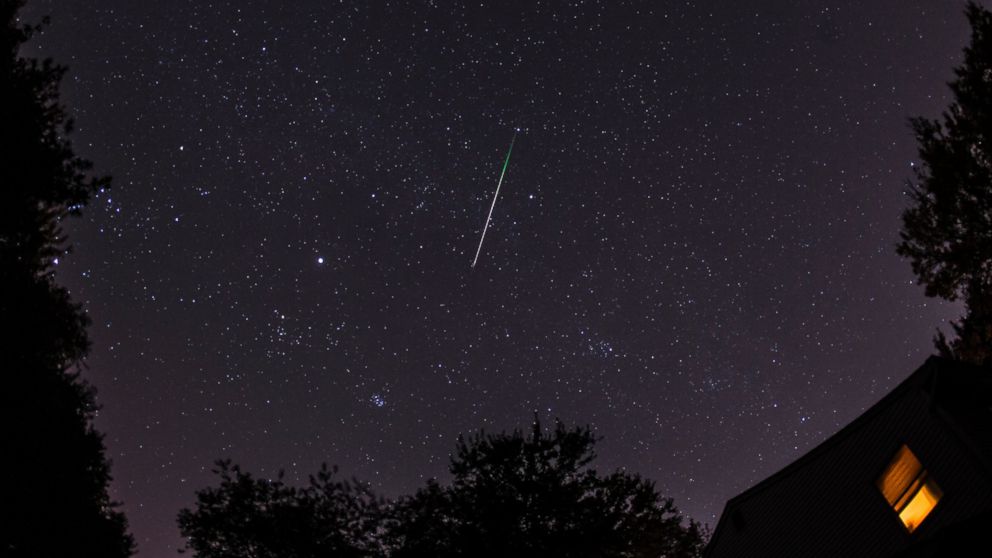5 Things We Learned From NASA's Meteor Experts
Are We Going to Die From a Collision Anytime Soon?

March 6, 2014— -- intro: How likely is it that a meteor could wipe out the human race? Does the government have a plan to deal with this crisis? What's your favorite space movie? These are the some of the questions that a trio of meteor experts at NASA's Marshall Space Flight Center answered during a Q&A held on the website Reddit earlier today.
Here are some of the things we've learned.
quicklist: 1title: Meteorites and asteroids aren't going to kill us anytime soon.text: "There are currently no large asteroids (greater than a mile across) projected to strike Earth for the next few centuries," said Bill Cooke, the lead at NASA's Meteoroid Environment office. "Similarly, it's theoretically possible to redirect a meteor to fall on an enemy nation, but the tech is still centuries away. "By that time, we will probably have phaser banks and photon torpedoes."
Cooke's colleague, Rhiannon Blaauw, added that in order to get a tsunami-like event to result from a a meteorite crashing into the ocean, it would require one about 300 meters across. "This size of meteor hits the Earth about every 100,000-300,000 years...so it is highly unlikely," she said.
quicklist: 2title: There is a plan if one gets too close.text: "The protocol for such events is that NASA would inform the appropriate government agencies such as FEMA and the Department of Defense," said Cooke. "Then, the strategy to deal with depending on how much time is left before impact."
"If we have decades or longer, we can try using the gravity of a massive space ship to gently tug the asteroid off course or paint one side of it a reflective color so that the difference in heat radiation off the asteroid will change its trajectory," said Cooke. "If we don't have a long time, we may have to resort to the movies' favorite planetary defense scheme, i.e. nuclear weapons."
quicklist: 3title: Astronauts are the ones that have to worry about meteor activity.text: When asked what the hardest part of his job is, Cooke said it was predicting the strength and intensity of meteor showers. "This is important for astronauts to know if they go outside the space station," he said. "[We] have to get this right."
Blaauw added that some NASA activity had to be rescheduled due to a meteor shower. "In 1993, the Perseids delayed a Shuttle launch," she said.
quicklist: 4title: There's not much reason to mining a meteor. text: "Meteorites contain basically the same elements as found on Earth, just in different abundances," said Cooke. "Likewise, there's no treasure trove of minerals at meteor impact sites. "No platinum, no gold, though from the prices meteorites command on eBay, you think they were made of this stuff."
quicklist: 5title: "Gravity" isn't scientifically accurate and that's fine.text: "Gravity" had the Hubble Space Telescope, the International Space Station, the Russian space station, which no longer exists, and a Chinese space station, fairly close to each other in space," said Cooke. "This is very wrong." He added that chain reaction of collisions caused by a satellite's destruction would unfold over several years, not hours.
"But I go to movies to be entertained, not to evaluate their scientific accuracy," said Cooke. "Star Wars would be very boring without sound accompanying all the explosions."




